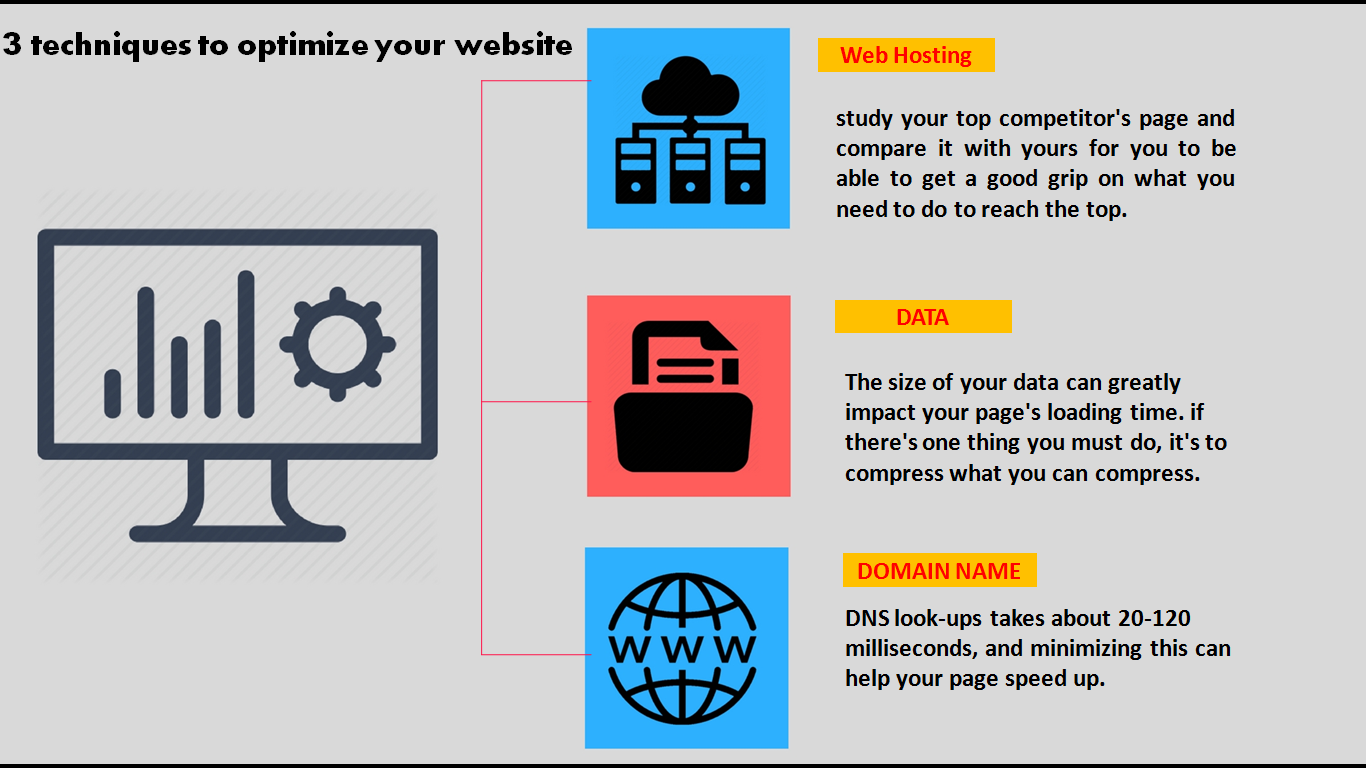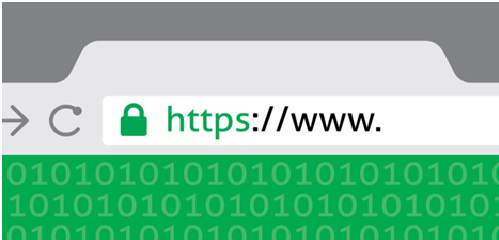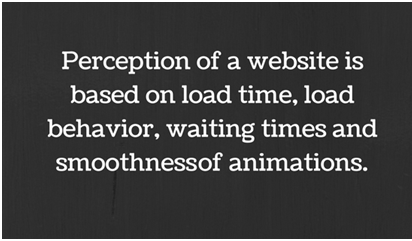Technology has evolved over time. The "Internet Boom" has simplified the lifestyle of humans. No longer one has to leave the confines of his/her home to a shop, communicate, eat, etc. Each of the tasks mentioned above can be fulfilled with the help of the internet while sitting in front of a laptop or PC. Thanks to the efforts of website speed optimization, the internet experience has turned into a delightful experience, too!
Of the almost 32 hours spent online every week, Americans spend 7 hours shopping on their favorite websites. "Wanna order a pizza?" Order online. "Wanna buy the latest Burberry Jacket?" Order online. "New iPhone 7 Plus Red?" Order online, too! So when your target audience is spending the maximum time online, why not make the experience better for them? Why not enhance their experience which would lure them to return again?

ALSO READ: Future of Retail - Where Does Transformative Blockchain Fit In?
Here's where website speed optimization comes into play! Optimizing the performance of your website can be quite a tricky business. A website's poor performance can be well regarded as a death knell. In this highly competitive business world, the audience, i.e. the consumers are as fickle as the butterflies.

At the time when your consumers can have as many as 30 websites with the single click of their mouse, the performance and speed of your website become a major concern. To give you a better insight into this issue, here's the list of major factors that are keeping you from website speed optimization. Sure, there are other ones, too, but these are the biggest ones you need to start fixing.
Browser Compatibility
Another major factor affecting website speed optimization is browser compatibility. Here, the browsers play the role of translators in interpreting data and programming codes when it's transferred to servers. In case, the browser isn't able to read the data, one cannot expect the resulting page to perform up to the best of its capability. This is the reason why web design teams prefer testing websites in order to optimize them for the browsers that are popular like Chrome and Mozilla Firefox.
Since one cannot take hold of which browser visitors plan to use, the best way is to control how browsers read the website.
ALSO READ: What lies in the Future of Mobile App Development?
Server
When it's about the performance of your website, the host server plays an important and definitive role. A web server must be up almost 99.5 percent of the time. Also, it should rarely come across downtime. When you're paying for commercial web hosting services, the first draw should definitely be reliability and speed. You need to go for a host that backs up current servers of its own, is fast, and reimburses the buyers for downtime.

Credits: Intechnic
A host server that is sluggish will end up having a sluggish website. It doesn't matter how much you try to optimize it for the sake of performance. The reason for this is quite simple, a slow server takes a long time to respond to a particular request.
Traffic
There are so many websites that have a specific bandwidth limit. They've already decided the amount of data that is to be transferred during a specific period, for instance, a day or a month. It's a proven fact that higher traffic always leads to slower website performance. This happens specifically when you exceed bandwidth limitations.
ALSO READ: Mobile App Development in the Realms of Cashless Economy
File Types and Size
Generally, the file size on your website is proportional to website load speed. The bigger the file size, the longer it takes the website to load. During the earlier days when telephone and dial-up modems were a big deal, the file size used to eat up so much of space. Many developers used to respond by the means of optimizing specific files for the website, for instance, image files used the.jpeg extension. This kind of file compression resulted in faster loading time and smaller image sizes.
A professional website development team not only optimizes file size and types in order to increase website performance only but also to minimize the number of assets website hosts.

Application& Software Compatibility
One another factor that is keeping you from website speed optimization is the ability of the browser of a website to read applications and plug-ins, i.e. additional software programs. Flash, which is traditionally considered as a browser heavy application can sometimes seriously affect loading speed.
Now, this doesn't mean that additional software and application is bad. It's yet another consideration one should take while creating an e-commerce website.
So these are the top 5 factors keeping you from website speed optimization. Keep this is mind, especially, when you're dealing with e-commerce websites, where the client is all about having everything loaded right on time.
Here, at Brainvire, our expert team of website developers can help you build great stuff that can be fruitful to you in the long term. How about you hop on a call?
SOME INTERESTING READS WE THINK YOU'D LIKE:
How Strategy Leads the Digital Transformation
How tablets are emplacing the technology into the construction industry?